Britain & Ireland
The Tudors continue to fascinate and some of their story is told here along with the other dynasty of the period the Stuarts. Alongside those resources are the podcasts on the ideas that transformed British society during that period and created a United Kingdom for the first time. The industrial revolution is explored through poetry as well as technology. Religious collapse, change and diversity are all themes explored in this section. Read more
Sort by:
Date (Newest first) | Title A-Z
Show:
All |
Articles |
Podcasts |
Multipage Articles
-
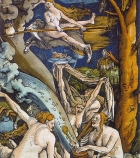
Occult and Witches
ArticleClick to view -

Cambuskenneth books: Looted Scottish law books return to Edinburgh
ArticleClick to view -

Lord Rochester's Grand Tour 1661 - 1664
ArticleClick to view -
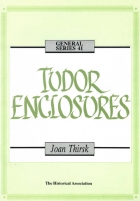
Tudor Enclosures
ArticleClick to view -
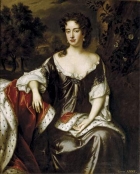
Limited Monarchy in Great Britain in the Eighteenth Century
ArticleClick to view -
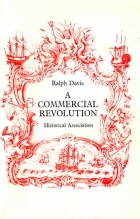
A Commercial Revolution
ArticleClick to view -
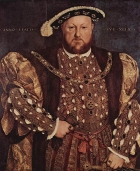
Faction in Tudor England
ArticleClick to view -
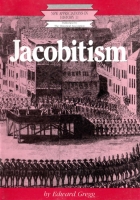
Jacobitism
ArticleClick to view -
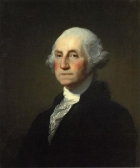
The War of American Independence
ArticleClick to view -
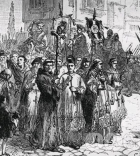
The Council of the North
ArticleClick to view -
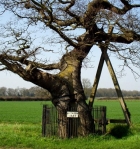
Kett's Rebellion 1549
ArticleClick to view -
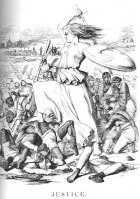
Cartoons and the historian
ArticleClick to view -
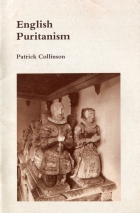
English Puritanism
ArticleClick to view -
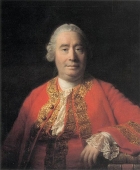
The Scottish Enlightenment
ArticleClick to view -
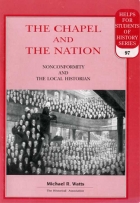
The Chapel and the Nation
ArticleClick to view -
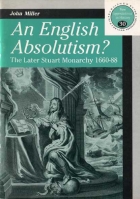
An English Absolutism?
ArticleClick to view -
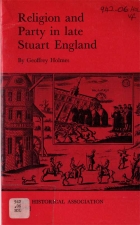
Religion and Party in Late Stuart England
ArticleClick to view -
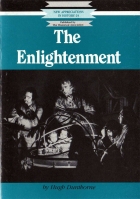
The Enlightenment
ArticleClick to view -
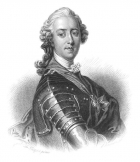
The myths about the 1745 Jacobite revolution
ArticleClick to view -
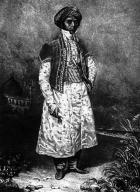
Dean Mahomet: Travel writer, curry entrepreneur and shampooer to the King
ArticleClick to view

